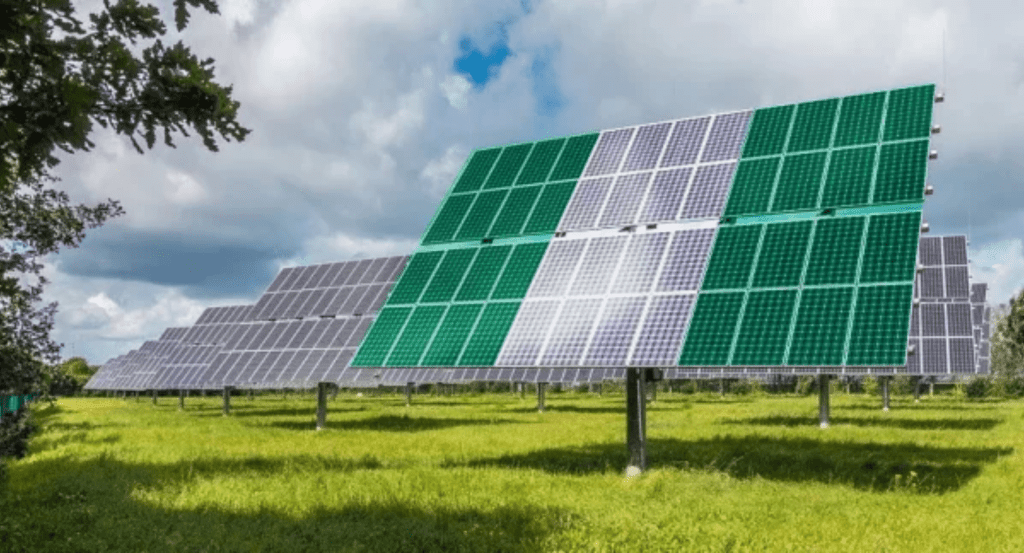The Rural Electrification Agency (REA) has unveiled an ambitious plan to make Nigeria the renewable energy hub of West Africa, addressing the needs of 86 million Nigerians without electricity.
During the signing of a Memorandum of Understanding (MoU) with 10 Renewable Energy Service Companies (RESCOs), REA Managing Director Abba Aliyu emphasized that President Bola Ahmed Tinubu’s administration sees the country’s electricity deficit as an opportunity for economic growth rather than a challenge.
“We want to leverage the 86 million Nigerians that do not have access to electricity to make Nigeria the renewable energy hub of West Africa,” Aliyu stated.
How REA Plans to Achieve Nigeria’s Renewable Energy Goals
To turn Nigeria into a renewable energy hub, REA is focusing on four key areas:
- Financing – Securing funding for large-scale renewable energy projects
- Implementation Vehicles – Expanding infrastructure to deliver electricity to rural areas
- Operational Framework – Creating policies that support sustainable energy growth
- Domesticating the Value Chain – Developing local talent and manufacturing capacity
The government has already launched the $750 million Renewable Energy Scale-Up (DARES) project, aimed at expanding access to clean energy across Nigeria.
Additionally, President Tinubu has approved a N100 billion fund to support rural electrification under the National Public Sector Solarisation Initiative, an effort designed to reduce the cost of governance while accelerating the country’s shift to renewable energy.
READ THIS ALSO: Tinubu, 11 African Leaders Sign Landmark Energy Deal for 300 Million People
Scaling Up Renewable Energy Through Mini-Grids
One of the key projects under this initiative is the deployment of interconnected mini-grids, which will bring electricity to underserved communities.
Key Developments in the Mini-Grid Initiative:
- REA has launched 14 interconnected mini-grids to improve reliability for rural areas.
- The agency secured regulatory approval to expand mini-grids beyond the previous 1 MW limit, allowing for larger installations.
- Nigeria is set to deploy an unprecedented 21.5 MW interconnected mini-grid system.
Aliyu highlighted the importance of regulatory flexibility, revealing that REA had to exchange over eight letters with regulators before securing approval for mini-grids above 1 MW.
“We engaged the regulator and, after multiple exchanges, got approval to implement projects beyond one megawatt,” he said.
Nigeria’s Renewable Energy Future
The Nigerian government’s commitment to renewable energy expansion is evident through its historic investments and policy reforms. With large-scale projects such as DARES and the National Public Sector Solarisation Initiative, the country is positioning itself as a leader in Africa’s renewable energy transition.
As REA continues to drive electrification efforts, millions of Nigerians will soon gain access to reliable, clean energy, paving the way for economic growth, job creation, and environmental sustainability.






















